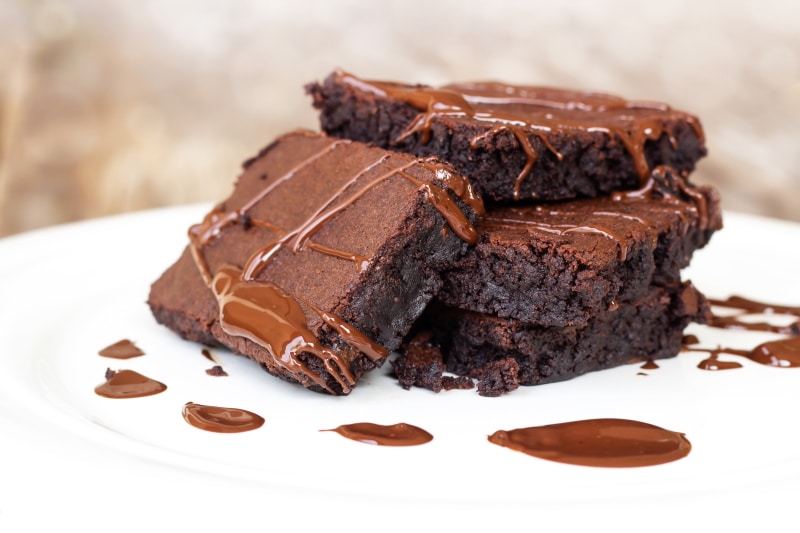The question is whether or not a vegan diet can alleviate tension. Here is a list of meals that have been shown to reduce cortisol levels. What foods can make stress worse, and how to avoid them.
When life gets hectic, we often make unhealthy food choices that just add to our stress and lead to further complications. Sometimes this is because we’re in a rush and need something quick, and sometimes it’s because we prefer unhealthy foods when we’re under pressure. Because of our hectic schedules, we might skip meals and instead replace them with unhealthy snacks.
There may be both immediate and long-term effects of a poor diet, regardless of the cause. A lack of energy might lower our productivity and increase our stress levels. Our quality of life and our stress levels may suffer, and we may be less able to fend off illness as a result. Having a short fuse or being an emotional wreck can put a strain on our relationships and our mental health. Because there are so many ways in which one’s diet might affect their stress levels, a pattern may have emerged.
What health effects can stress have on people?
When you’re feeling stressed, your hypothalamus (a small area near the base of your brain) releases hormones and nerve messages to alert the rest of your body. This triggers the release of the stress hormones cortisol and adrenaline from your adrenal glands.
The stress hormone, cortisol, shuts down bodily processes that are unnecessary in a quick-thinking, “fight or flight” scenario. Your immune system, digestive system, reproductive system, and the mechanisms that lead to growth and development are all a part of this. As a result, glucose is released into the bloodstream, the brain’s ability to use glucose is improved, and more components involved in tissue repair are made available to the body.

However, adrenaline does the opposite, giving you a burst of energy along with a faster heart rate and higher blood pressure. A person’s cortisol levels often return to normal when a perceived threat has passed, allowing the body to resume its usual operations. However, if stressors persist, you may remain in this state permanently.
Long-term stress has been linked to hypertension, disturbed sleep, headaches, digestive issues, inability to focus, anxiety, depression, and an increased risk of cardiovascular disease and stroke. Mayo Clinic says that people have varying responses to it based on their genes, upbringing, and stress tolerance.
Does what you eat have any effect on how you feel under pressure?
What, then, does research have to say about the correlation between nutrition and anxiety? Certain foods have been shown to reduce cortisol levels, while others have been associated with stress and anxiety.
Lower levels of stress, anxiety, and depression have been linked to diets high in whole, plant-based meals. Fruits, vegetables, grains, and legumes are all part of this category, and they should be prepared with minimal amounts of oil and salt. In the meanwhile, research has linked elevated cortisol levels to a diet heavy in processed foods that are also high in added sugars, refined carbohydrates, and saturated fats.
The craving for high-fat, high-sugar foods is a common stress reaction. The lack of appetite or the inability to remember to eat is two symptoms of stress that she says can occur.
An elevation in cortisol levels causes a desire for processed meals. Stress-induced elevations in adrenaline. Even while what you eat can have an effect on how you react to stress, there are other things you can do to alleviate pressure besides eating healthily and avoiding processed foods.
This includes consuming fewer alcoholic beverages and caffeine and getting the recommended amount of sleep each night.
Relaxing vegan foods
Foods that have been heavily processed should be avoided, and instead, entire, plant-based meals should be prioritized.
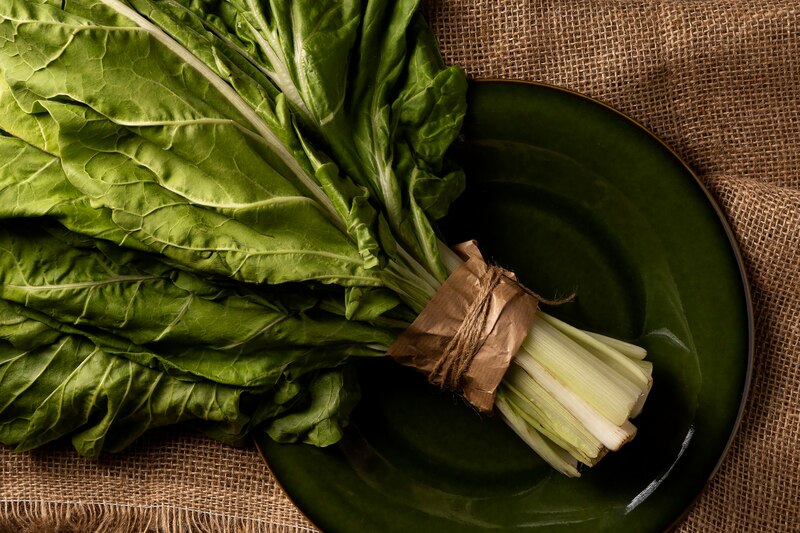
Here are some suggestions for improving your diet and ensuring that you get the proper nutrients even while you’re feeling overwhelmed. You won’t even have to give healthy eating a second thought after they’ve become second nature after only a few weeks. In addition, your physical health and stress levels will improve.
Maintain a regular eating schedule
To keep blood sugar levels steady and prevent physiological hunger, we should eat regularly throughout the day and not skip any meals. If we’re stressed out, hungry, and needing something, it’s going to be a lot harder. To begin, make sure you’re not going too long between meals.
It’s easy to convince yourself that you don’t need to eat right now because you’re either not hungry, busy, on a diet, or that the milk in the latte you picked up on the way is providing all the beneficial nutrients you need. If you have a busy morning ahead of you, skipping breakfast will make it more difficult to keep your blood sugar levels steady and perform at your best.
High Magnesium Food
Magnesium has a profound impact on the region of the brain responsible for regulating stress hormones, making it an important factor in managing stress and anxiety. High levels of stress and anxiety have been linked to hypomagnesemia or magnesium shortage. Stress, anxiety, and sadness may all be alleviated with a higher magnesium intake, according to the research.
Magnesium can aid the body’s response to stress, and it can be found in foods like Swiss chard, nuts and seeds, legumes, and whole grains. Magnesium can be found in abundance in nuts and seeds such as almonds, cashews, and pumpkin seeds.
Additionally, tofu, kale, spinach, collard greens, oats, avocados, bananas, and dark chocolate are all good sources of magnesium. Breakfast options that are high in magnesium include porridge with banana, almonds, and seeds, or a tofu scramble with spinach and whole grain toast.
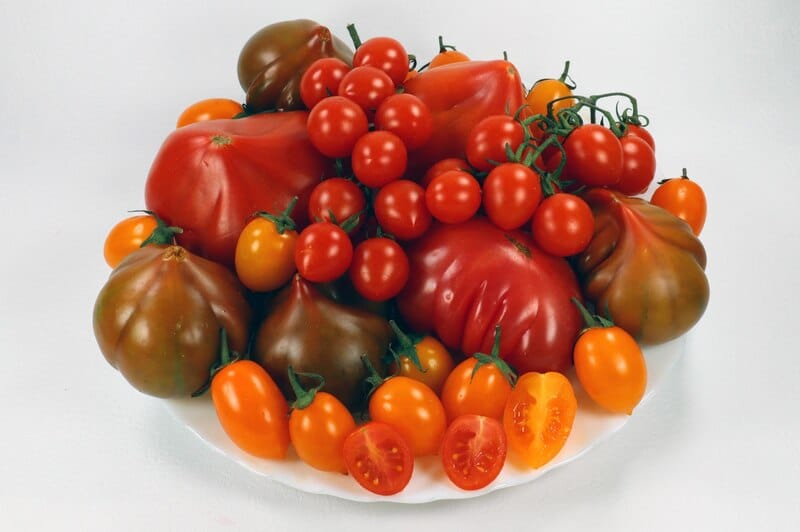
Foods that reduce inflammation
Chronic inflammation can lead to heart disease, arthritis, and depression if left untreated. Furthermore, studies have shown that emotional stress can bring about physical inflammation. Stress can cause inflammation in the body, but eating foods that reduce that effect may assist.
Foods that reduce inflammation are preferable since “stress can increase cortisol and elevated amounts of cortisol can cause inflammation,” Geiger explains. Anti-inflammatory antioxidants can be found in colorful foods like berries and sweet potatoes.
Dark leafy greens, tomatoes, almonds, walnuts, oranges, and extra virgin olive oil are some more vegan foods that can reduce inflammation. Consume less inflammatory foods and drinks, such as those high in refined carbs, fried foods, red meat, processed meat, soda, and other sugary beverages.
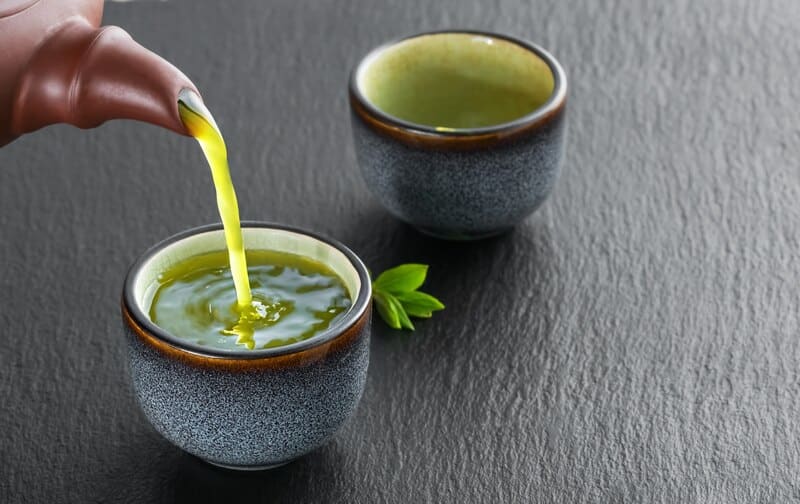
Green tea
It’s been centuries since tea was first consumed by humans. Uses for it spans the spectrum from therapeutic to ceremonial to recreational.
It has been shown that consuming green tea helps elevate one’s mood. L-theanine, an amino acid, has been shown to alleviate stress and anxiety while also boosting mood and cognition. With its caffeine level, green tea can also provide a short-term increase in alertness.
Doctors advise against caffeine consumption, but they suggest that green teas like matcha might be fine. Unfortunately, studies show that coffee drinkers may be more likely to be stressed. In particular, L-theanine can be found in abundance in matcha and oolong tea.
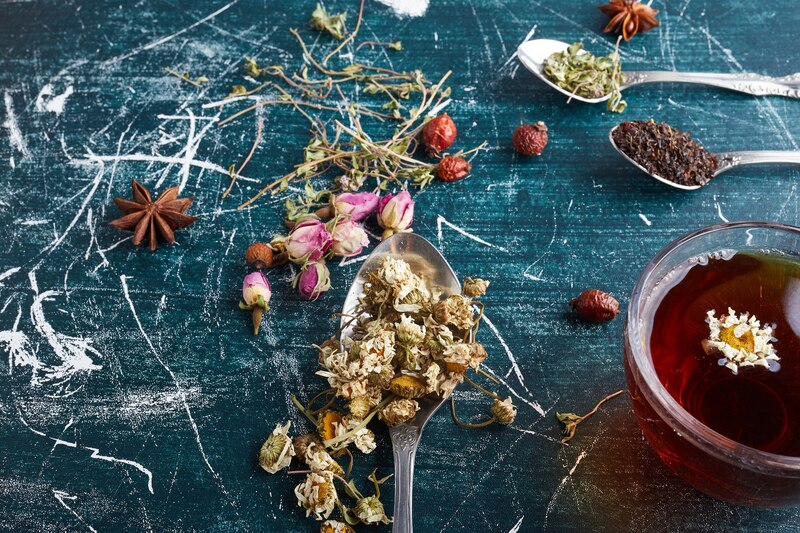
Chamomile tea
An ancient herbal remedy, chamomile has been used for thousands of years. Traditional preparations of this herb, in the form of tea, have been shown to have a calming effect on both the mind and body, making it ideal for usage before bed. In particular, the flavonoids included in chamomile are what give it its anti-inflammatory effects. Flavonoid apigenin has been hypothesized to be responsible for the calming properties of chamomile tea.

Foods high in prebiotics
Multiple trillions of microorganisms call your digestive tract home and put in long hours helping you digest food and fend against disease. Prebiotics are a chemical present in fermentable soluble fibers including resistant starches, inulin, and pectin, and they are the primary source of nutrition for these microorganisms.
Foods including potatoes, oats, grains, beans, and green bananas that have been cooked and cooled contain resistant starches. When food is cooled, the resistant starch content remains the same even after being reheated. Inulin can be found in a wide variety of foods, such as asparagus, burdock root, chicory root, soybeans, onions, leeks, garlic, and dandelion greens.
Pectin is a fruit starch that is used to thicken jams and in place of gelatin in certain vegan chocolates. The vitamin is found in many different fruits, including apples, pears, plums, guava, peaches, strawberries, and oranges. Carrots, peas, green beans, and tomatoes are just a few of the veggies that have pectin in them.
Much remains unknown about the gut’s role in human health. Even the effect of fermented meals high in probiotics on stress and anxiety is a topic of debate. A review of the research on the link between probiotic foods and stress found that, on the whole, they have a beneficial effect. Probiotics have been debated, with some evidence suggesting they may potentially increase stress.



